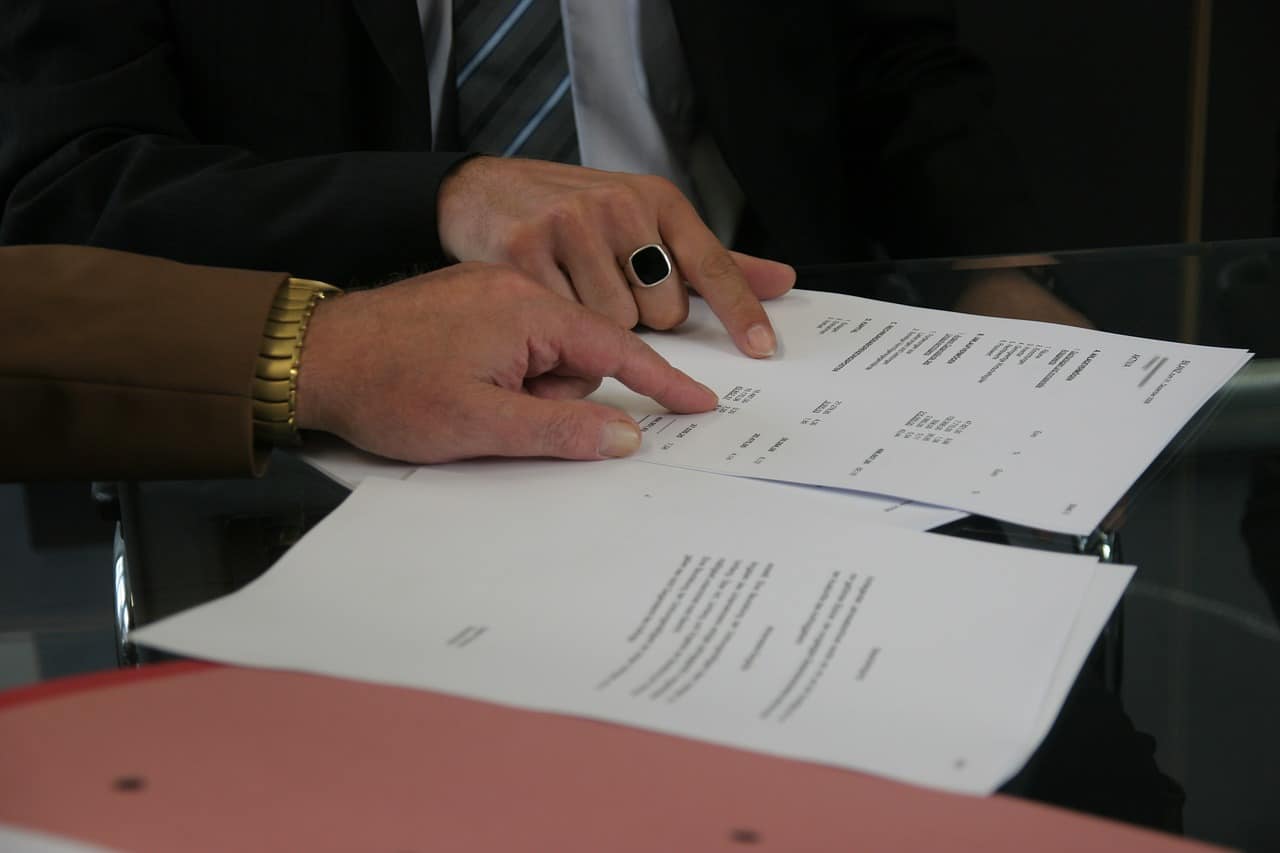If you opt to use a will to transfer the assets of your estate, then probate proceedings will likely be required before those assets can be transferred to those you designated as the beneficiaries of your estate. Probate is the legal process of finalizing your estate and distributing your assets according to your will, and is often a lengthy and expensive process – as such, designating a qualified executor to handle the process is essential.
Your executor will be the person responsible for carrying out the terms of your will. In general, their main job is to collect and inventory all your assets, pay all of your debts, and distribute the balance of your estate to your beneficiaries according to the instructions in your will. This includes not only tangible assets like homes and vehicles, but also any intangible assets such as bank accounts, stocks, and insurance policies. Since the list of responsibilities can be extensive, the job typically falls to a trusted family member or friend of the deceased.
When most people think about the responsibilities of an executor, they often think of the more tedious tasks like collecting and distributing the assets of the estate – but executors also fulfill other important roles. An important role of the executor is to oversee the estate and make sure that all taxes and liabilities are dealt with properly. An executor also needs to work with probate court officials to make sure that the probate process goes smoothly and that all the necessary paperwork is filed on time, as well as deal with any disputes that arise during the probate process. This is why it’s critical to choose someone who is reliable and has the time to devote to the job.
Is Probate Always Necessary?
You may be able to avoid probate by using a revocable living trust in coordination with your traditional will. The trust document allows you to transfer the ownership of your property and other assets to the trust, and then those assets will be transferred to your chosen beneficiaries when the time comes. If conducted properly, this allows you to avoid the probate process. You can choose the person(s) who will manage the trust and make decisions about how they should manage the assets contained in the trust. A trust can also provide several other benefits, such as minimizing estate taxes and allowing a successor trustee to take care of you in case you are incapacitated. A trust can also provide greater control over the management of your assets after your death and provide asset protection for your beneficiaries.
For those who opt for a traditional will, the executor is an essential role. At Harbor Law Firm, we want to make the estate planning process as easy as possible for you and your family – as such, we recommend using a revocable living trust to avoid probate in the first place. If you’re ready to get started on establishing a trust for your own estate plan, or any of your estate planning needs, contact us today via our website or at (888) 335-2815 to schedule your consultation.

